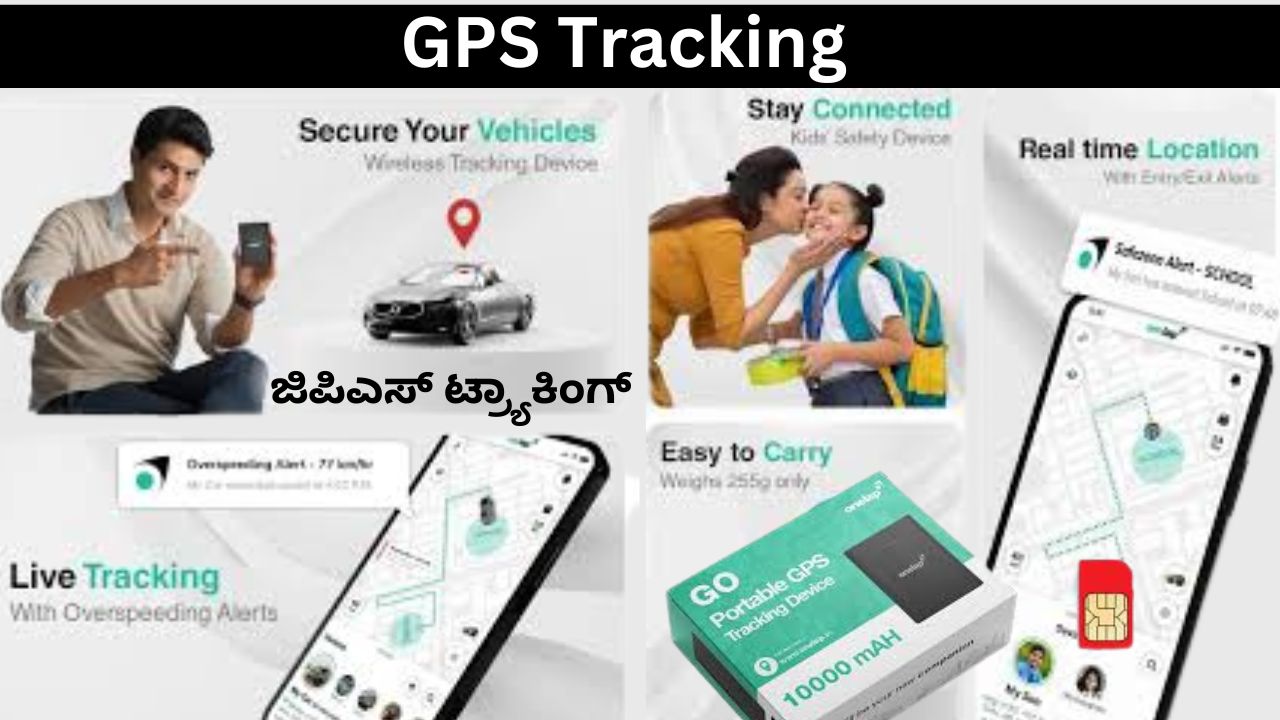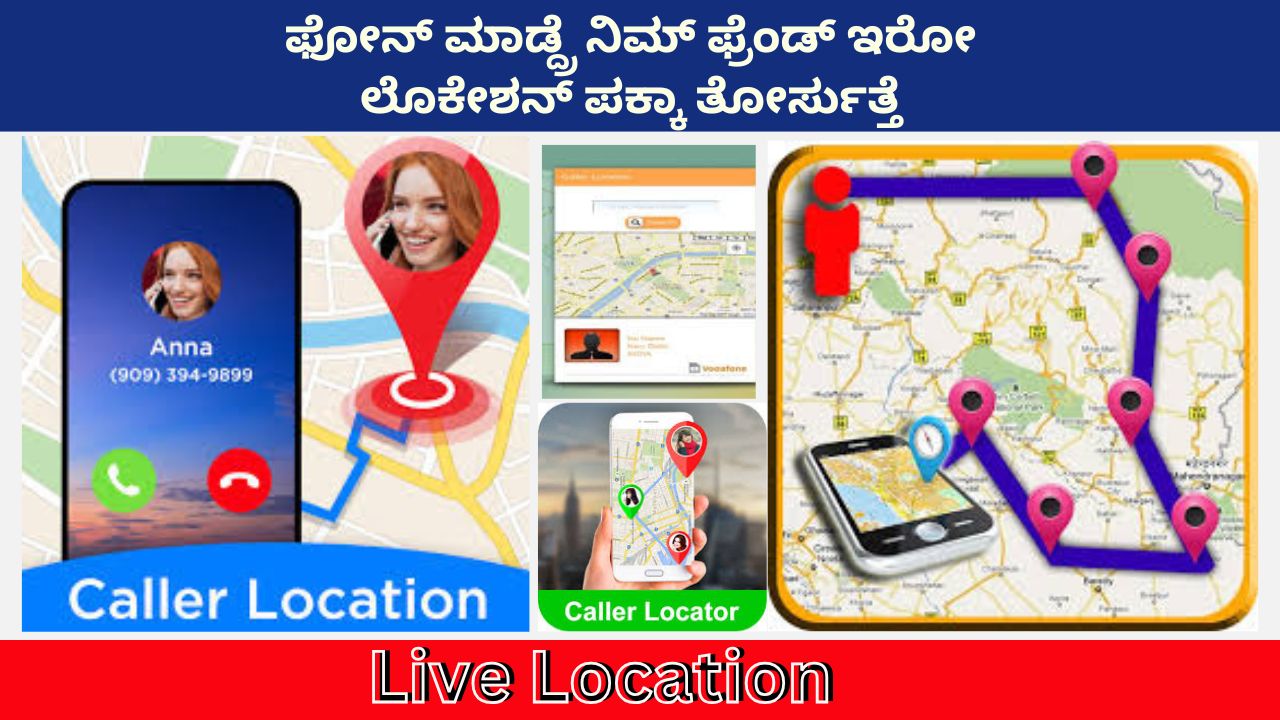A GPS tracker is a device that uses the Global Positioning System (GPS) to determine and record its precise location at regular intervals. It transmits this data to a central server or system where it can be accessed by users. The primary purpose of GPS trackers is to monitor the real-time location and movements of a person, vehicle, or object. GPS technology has become a staple in various sectors, including logistics, transportation, personal safety, and outdoor navigation. Over the past few decades, GPS tracking systems have significantly evolved, offering advanced features such as geofencing, real-time monitoring, and integration with mobile devices.

Contents
How GPS Tracking Works
GPS technology operates through a network of satellites that orbit the Earth. These satellites broadcast signals containing their location and precise time, which GPS receivers use to triangulate their position on the Earth’s surface. The receiver calculates its location by measuring the time it takes for the satellite signals to reach it.
A typical GPS tracker contains a GPS receiver and, often, a GSM or cellular module to communicate its position data to a central monitoring system or server. The basic components of a GPS tracker include:
- GPS Receiver: The core part of the device, this component gathers location information from GPS satellites.
- GSM Module: In many trackers, a GSM module allows the device to transmit its location to a server via cellular networks.
- Battery or Power Source: Most GPS trackers are powered by rechargeable batteries, though some vehicle-installed models draw power from the car’s electrical system.
- Data Storage: Some GPS trackers store data locally, which can be downloaded or transmitted later.
When the GPS tracker calculates its position, it either stores this data internally or transmits it to a central monitoring system through cellular networks, Wi-Fi, or satellite communication, depending on the model. The data can include not only the coordinates but also speed, direction, altitude, and other relevant information.
Types of GPS Trackers
- Personal GPS Trackers: These are small, portable devices designed for tracking individuals, such as children, elderly family members, or even pets. They offer safety by enabling family members or caregivers to know the exact location of the person or animal being tracked. Some personal trackers also have built-in SOS buttons for emergencies, allowing the user to send an alert.
- Vehicle GPS Trackers: These are commonly used in fleet management and personal vehicle tracking. They provide real-time location data on vehicles, allowing for route optimization, theft recovery, and fuel management. In logistics, GPS trackers are critical for monitoring delivery trucks, ensuring timely deliveries, and reducing fuel consumption.
- Asset GPS Trackers: Businesses that need to keep track of valuable assets, such as machinery, construction equipment, or shipping containers, use asset trackers. These devices are typically designed to be rugged and weather-resistant since they are often exposed to harsh environments.
- Fitness and Wearable GPS Devices: Many wearable devices like smartwatches come with built-in GPS tracking capabilities. These are popular among athletes for tracking their routes, distances, and speeds. Wearable trackers often sync with apps to provide detailed analytics on fitness activities.
Applications of GPS Trackers
- Fleet Management: GPS tracking has revolutionized the transportation and logistics industry. Companies can now manage large fleets with ease, track vehicle locations, monitor driver behavior, and ensure route efficiency. Fleet managers can monitor delivery routes, ensuring that drivers take the most efficient routes and stay on schedule. Additionally, GPS trackers help reduce fuel consumption by preventing idling and promoting better driving habits.
- Personal Safety: Parents often use GPS trackers to monitor their children, and caregivers use them to track elderly individuals who may suffer from conditions like dementia. In emergency situations, these trackers can provide real-time location data to help authorities or family members find the individual quickly.
- Law Enforcement and Surveillance: Police departments and law enforcement agencies use GPS trackers in investigations to follow suspects without the need for a physical presence. In some cases, law enforcement vehicles and patrol cars are also equipped with GPS trackers to ensure timely response to emergencies.
- Theft Prevention: Vehicle and asset tracking systems are often used to prevent theft. If a vehicle or piece of equipment is stolen, the GPS tracker can provide the real-time location of the stolen item, making recovery easier for law enforcement agencies.
- Outdoor Activities: GPS trackers are used in adventure sports and outdoor activities such as hiking, sailing, and camping. These devices can provide life-saving information by ensuring that users know their exact location and can navigate safely. In case of emergencies, rescuers can pinpoint the exact location of individuals in need.
- Pet Tracking: Pet owners use GPS collars to track their pets, especially dogs, to ensure they do not get lost. If a pet wanders off, the tracker can provide its exact location, allowing owners to quickly recover their animals.
- Scientific Research: Researchers use GPS tracking to monitor the movements of animals in wildlife studies. For instance, birds, mammals, and marine animals are often fitted with GPS trackers to study migration patterns, habitat use, and behavior. This helps in conservation efforts and better understanding of ecological systems.
Key Features of GPS Trackers
- Real-time Tracking: Most GPS trackers offer real-time location updates, allowing users to track the device’s location at any given moment. This is critical in applications like fleet management or personal safety where timely information is vital.
- Geofencing: This feature allows users to set predefined geographical boundaries. When the GPS tracker crosses these boundaries, an alert is triggered, notifying the user. Geofencing is used in various applications such as preventing vehicles from leaving specific areas or ensuring children do not stray too far from safe zones.
- Historical Data Logging: Many GPS trackers offer the ability to store and retrieve historical location data. This helps users review the past movement of the tracked object, vehicle, or person. Fleet managers can analyze previous routes, while individuals can review past fitness activities.
- SOS Emergency Alerts: Personal GPS trackers often include an emergency button that, when pressed, sends a distress signal with the location to a designated contact or authority.
- Speed Monitoring: For vehicle trackers, monitoring speed is essential for ensuring driver safety and adhering to traffic regulations. Fleet managers use this feature to prevent reckless driving and accidents.
- Battery Life and Power Management: Many modern GPS trackers come with long-lasting batteries, and some have power-saving modes that extend battery life. For vehicle trackers, constant power from the vehicle’s battery eliminates the need to recharge frequently.
Advantages of GPS Trackers
- Improved Safety: GPS trackers enhance personal and vehicle safety by providing real-time location data, which can be crucial in emergencies.
- Increased Efficiency: Businesses, especially in logistics, benefit from optimized routes, lower fuel consumption, and better fleet management.
- Cost-Effective: By monitoring fuel consumption, reducing idle time, and preventing theft, GPS trackers help businesses save money.
- User-Friendly: Many GPS trackers are simple to set up and use, often with mobile apps that allow users to access data from anywhere.
- Peace of Mind: Whether it’s tracking a loved one, vehicle, or asset, GPS trackers offer peace of mind by providing reliable location data.
Challenges and Limitations
- Signal Issues: GPS trackers require a clear line of sight to satellites, which can be a challenge in urban areas, tunnels, or dense forests.
- Battery Dependency: While vehicle-mounted GPS trackers are powered by the car, portable trackers are limited by battery life, which requires regular recharging.
- Privacy Concerns: Tracking personal movements raises concerns about data privacy and surveillance. Users must ensure compliance with local laws and ethical guidelines when using GPS tracking devices.
Conclusion
GPS trackers are indispensable in today’s world, offering a wide range of applications across various industries. From fleet management to personal safety, asset monitoring, and outdoor navigation, GPS technology provides real-time location data that enhances efficiency, security, and peace of mind. As GPS technology continues to evolve, we can expect further advancements in accuracy, battery life, and integration with other technologies.











